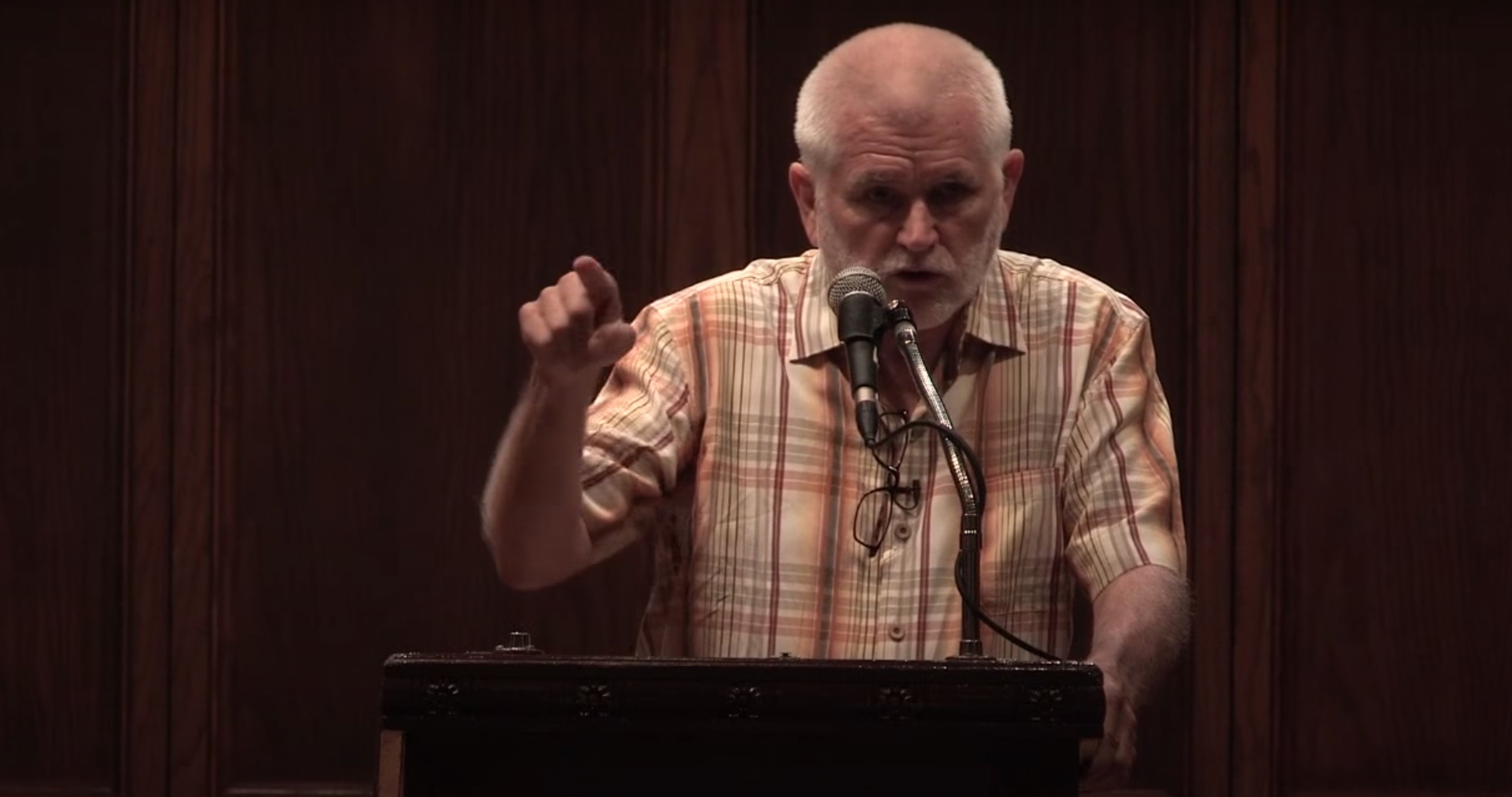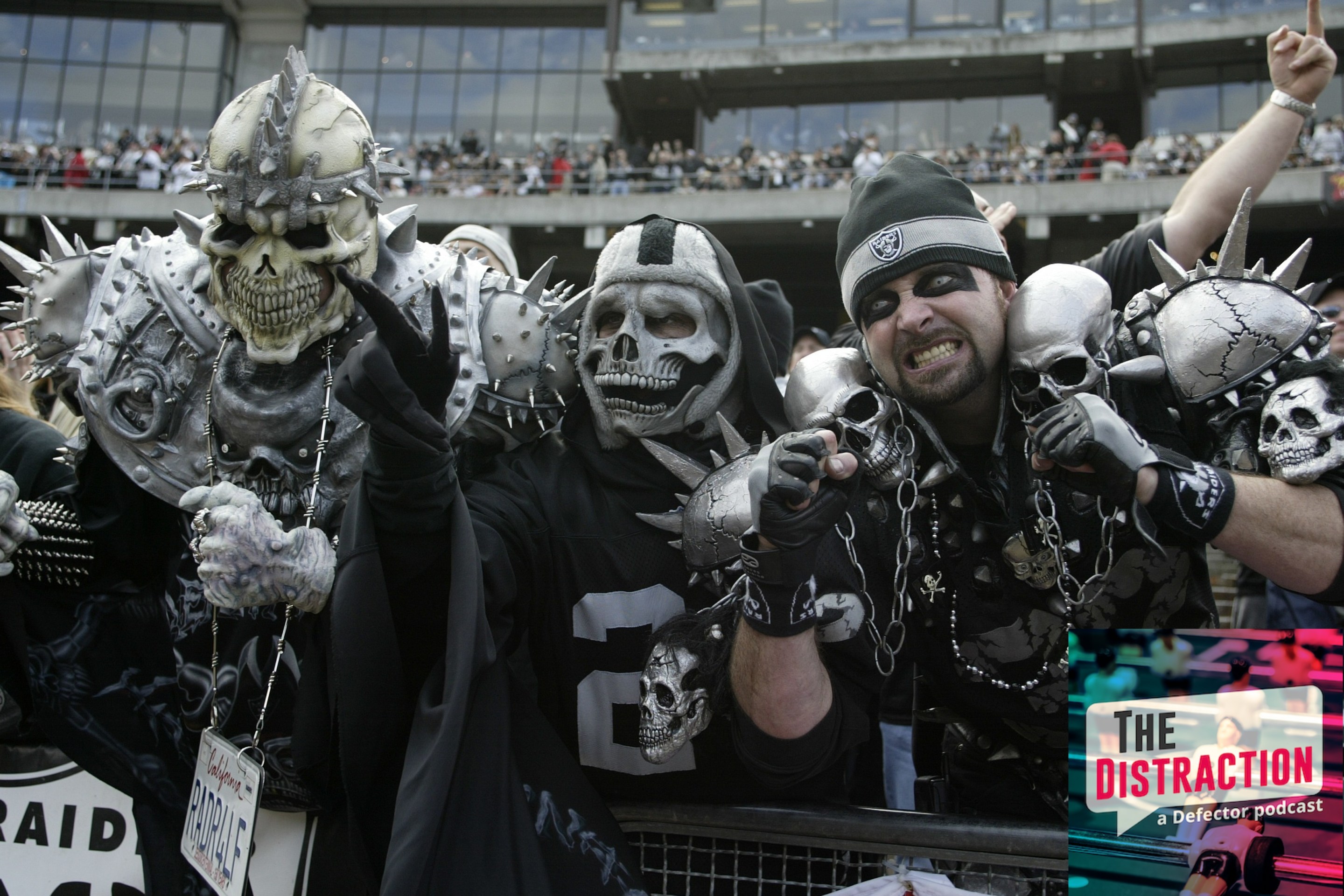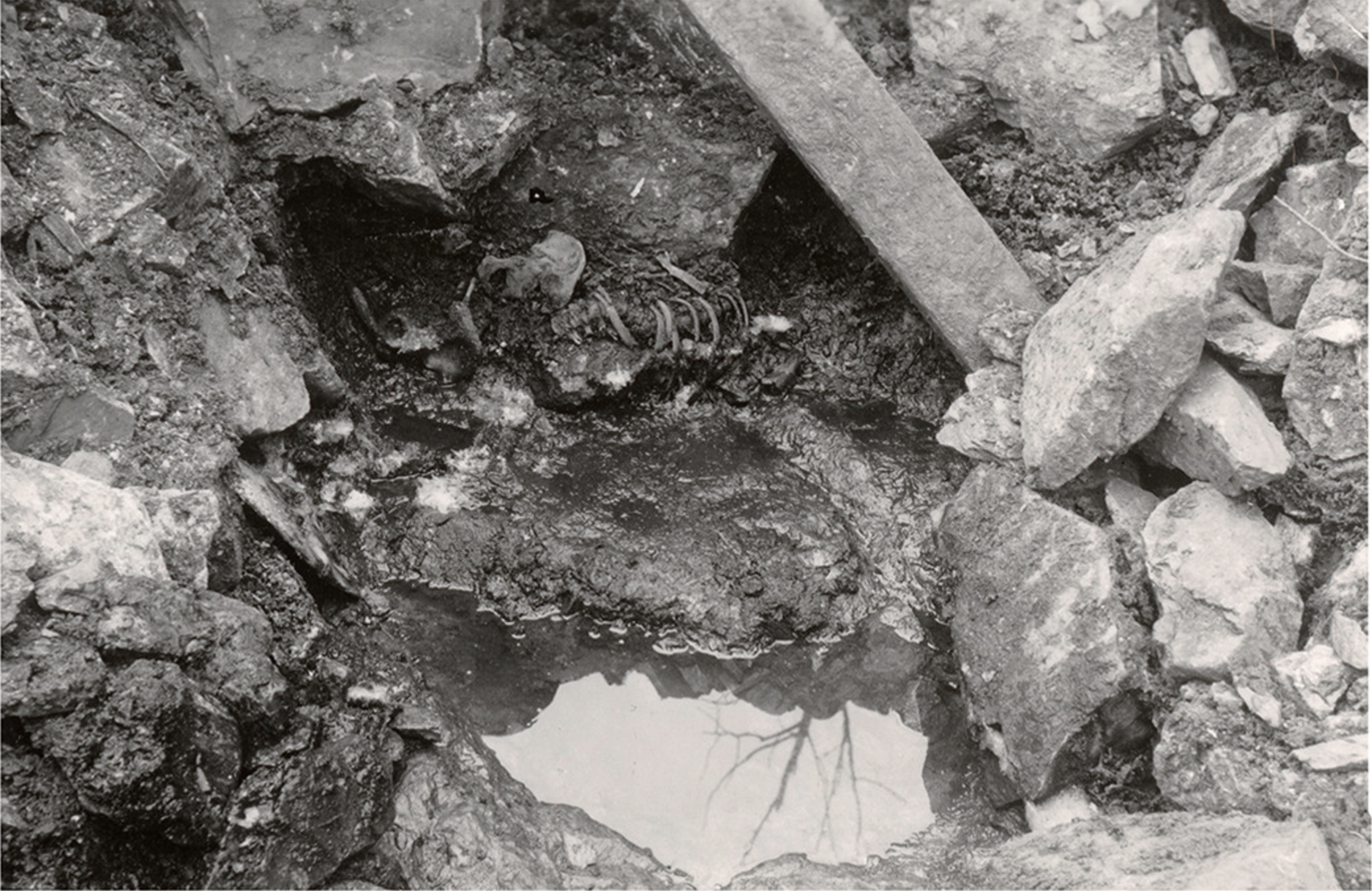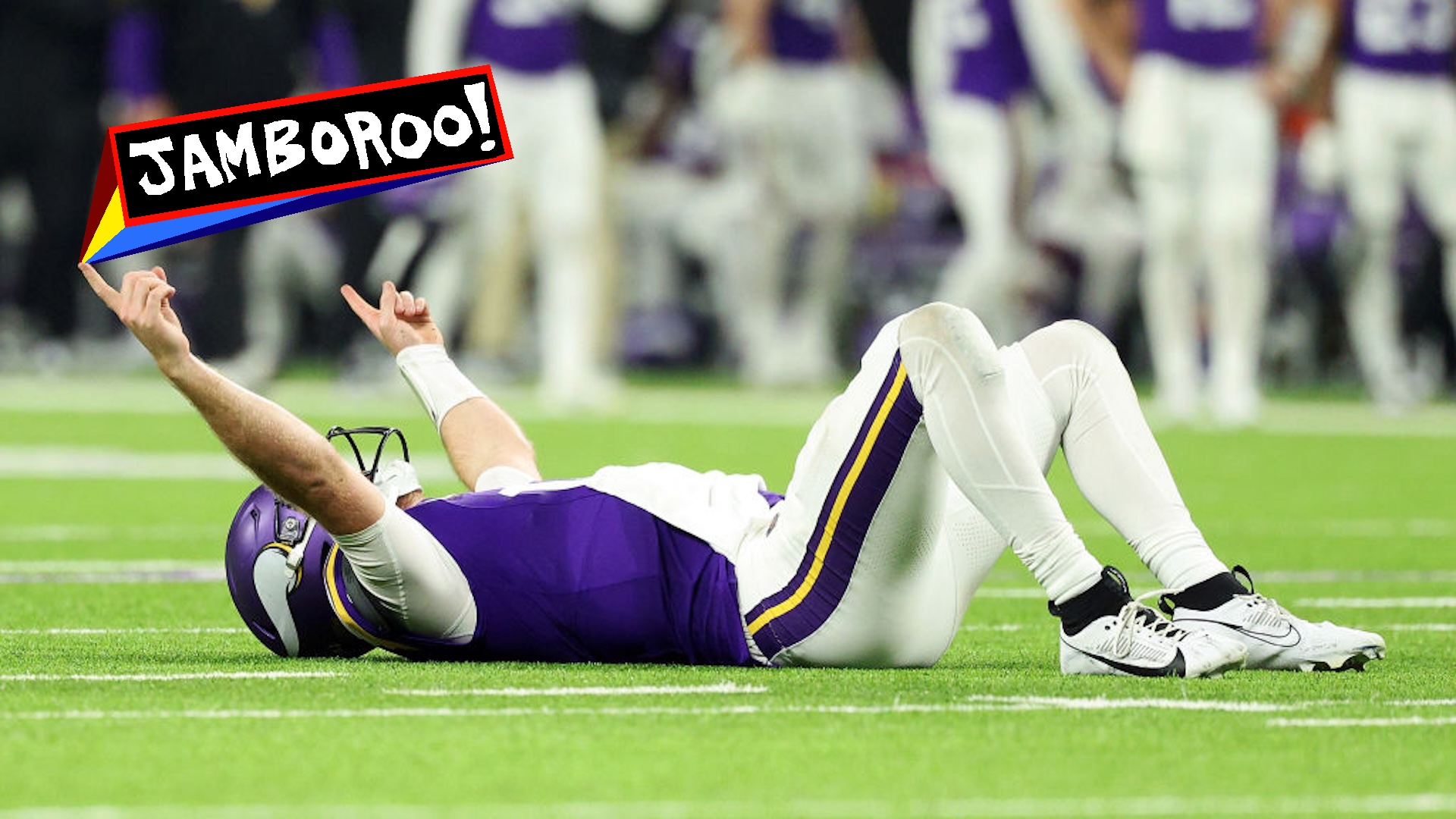For someone so committed to sketching out the contours of a dismal past and bleak present, Mike Davis has an ominous tendency to correctly predict the future.
The Los Angeles Times infamously called the radical scholar, activist, and author the "prophet of doom," a nickname that stuck. Davis has insisted on a different characterization; he held himself out not as a visionary seer divining some hidden future but a historian considering the past and then drawing an arc out from the present. That's true, as it happens, but if you write a book about omni-policing and the rigid geographic and economic stratification of Los Angeles two years before the L.A. Riots, and then observe how the housing market looks like an overinflated bubble a few years before the 2008 recession, and then write another book about how the world is not ready for the pandemic a few years before the world is bowled over by a pandemic, you are eventually going to get some credit for being right in prescient ways. Davis has basically never stopped doing this; on May 18, 2020, Davis appeared on the podcast Time To Say Goodbye, where he opined that the risk of outdoor COVID transmission was well understood enough, and that conditions were dire enough in the United States, that the time was right for a serious wave of protests. George Floyd was murdered one week later.
When Davis appeared for an interview with Bill Moyers in 2009 (as "the last socialist in America") he quipped that he and his intellectual cohort had correctly predicted "11 out of the last three depressions." Not only has that record improved somewhat in the intervening 13 years, but his relative ideological isolation also ended. The financial crisis and the specter of global warming broke a generation's faith in the generative capacity of American capitalism, and those looking for answers found few writers more clear-eyed or authoritative than Davis, a eco-Marxist historian whose career began right before the supposed end of history. There's a hard cap on the utility of foretelling perpetual deterioration, but for all his grim proclamations, Davis's conclusion is never despair. He is a committed fighter, and if he has been consistently correct in identifying the problems that we are all up against, he has been equally consistent when it comes to underscoring the need for solidarity, action, and commitment if there is going to be anything like a solution. Few scholars as sober and insightful in their analysis of this particular suite of crises could also pull off the trick of exuding his unshakeable belief in human possibility.
Davis's wife announced over the weekend that he would be entering palliative care, opting to forgo any further treatment for the cancer case he's had for a few years. The news prompted many warm tributes to Davis's astounding body of work. This is another one of those; few writers have meant more to me, or been more formative in helping me understand my home state of California or the broader world.
The first time I read Mike Davis, I was knocked on my ass. Ironically, Late Victorian Holocausts is one of Davis's drier books, though when I read it for a geography class in college, I was stunned by its vigor. Davis lays out a case that a trio of history's greatest famines were not in fact natural (read: unavoidable) climate disasters, but rather manufactured ones—mass death events stoked by the British Empire's forceful marketization of its colonial possessions. The only disagreement on this matter from non-freaks is over whether or not Davis goes too hard; this is why I loved the book. Davis's venomous prose stood out in a class otherwise stuffed with info dumps written in academese. Learning about the history of international weather reporting and the relationship between India's grain production and its monsoons should not be interesting. Reading Davis take dead aim at the British Empire and their ravenous descendants and detail how "the subjects of this book were ground to bits between the teeth of three massive cogwheels of modern history" somehow made it so. The book nudged me off my hard-science educational track and towards a political awakening.
What a delight it was to learn that Late Victorian Holocausts is, at best, his third-most influential book. Even better, he is a true California hardliner. City of Quartz, published in 1990, reads like the noir B-side to Where I Was From, if that book was also somehow written by a communist. Vince Staples is a fan; Jeff Weiss facilitated a reciprocal exchange. Davis tells a kaleidoscopic history of Los Angeles, beginning with a failed utopian community, then considering the city through the lenses of the Catholic Church's demographic upheaval, the LAPD's structural sadism, and, most compellingly of all, the neo-military, anti-public character of the city's architecture. Chapter 4, "Fortress L.A.," is an all-timer, one that contains the book's de facto mission statement:
Contemporary urban America is more like Victorian England than Walt Whitman's or La Guardia's New York. In Los Angeles, once-upon-a-time a demi-paradise of free beaches, luxurious parks, and 'cruising strips,' genuinely democratic space is all but extinct. The Oz-like archipelago of Westside pleasure domes—a continuum of tony malls, arts centers, and gourmet strips—is reciprocally dependent upon the social imprisonment of the third-world service proletariat who live in increasingly repressive ghettoes and barrios.... Even as the walls have come down in Eastern Europe, they are being erected all over Los Angeles.
City of Quartz
The only giveaways that the preceding passage was published in 1990 and not 2022 are Davis's linguistic anachronisms. The idea that crushing income inequality and its attendant excesses have accelerated the alienation and isolation of working-class Californians is indisputable today, which makes it all the more remarkable to re-read the criticism of City of Quartz that followed its release. The chief critique offered, which amounts to Davis's version of L.A. being too bleak, is best summed up in the New York Times' review. "He offers a dark, almost unrelievedly oppressive picture of life in a tough, hardhearted city where the ruling elite crushes the poor, whites exploit people of color, public space is turned into fortresses, police abuse the citizenry, and traffic, pollution and urban decay conquer all," the Times writes. "It's all a bit much." The review noted that L.A. is actually very nice, and that lots of people choose to move there, as if Davis should be writing marketing copy for them.
Davis was born in 1946 at the periphery of L.A.'s suburban sprawl, in Fontana. When he was 16, his father suffered a heart attack, and so his mother pulled him out of school and put him to work at the very meatpacking plant his father worked. This Dickensian turn informed many of Davis's later romanticizations of proletarian life and the value of an honest day's work (as he later told TTSG, he is emphatically not anti-work). "He believed that the essence of American history is human progress," Davis said of his father in an 1998 L.A. Times interview. "By the end of his life, he’d seen his union destroyed and his pension plan taken away. It’s hard to see your parents lose their beliefs."
Davis's radicalization, two years later, was an almost literal baptism. He went to a protest at an all-white bank led by Jim Stone, a civil rights activist who had married Davis's cousin. "A group of redneck sailors drenched us with lighter fluid, and one of the guys started flicking his lighter," he told Lingua Franca in 1997. From that moment 60 years ago on, Davis never stopped fighting. He got kicked out of Reed College, led a bunch of anti-war protests, got fired from the communist party's bookstore for screaming at the Soviet cultural attache, and had a brief flirtation with Northern Irish independence while living in Belfast in the '80s. He got a job as a trucker in the early '70s, though he eventually returned to his education on a meat cutter's union scholarship after an incident in which his fellow striking workers decided to pool together their money to hire a hit man to kill a strikebreaker that ran over their friend (the hit was never carried out).
His academic journey led him to the UK, where he somehow fell in with the aristocratic Marxists who would later offer him a full-time job at the New Left Review in London. Davis worked there for six years, sharpening his pen and fighting with everyone, including his colleagues.
Some staffers thought Davis exploited his background. "Mike could be psychotic. He was very in-your-face about his identity," says a former NLR editor. As Davis himself admits, "I've always had a sort of truck-stop attitude toward effete intellectuals."
[...]
Davis's confrontational pose made for an unusually anxious workplace. At one NLR meeting, he stunned his audience into silence with the letter he had sent to Eugene Genovese, who had complained of being spurned by the journal: "Dear Professor Genovese, Fuck you." Then there was Davis's terrifying collection of pets. The centerpiece of the office was his atrarium, filled with a garter snake, an axolotl, and a carnivorous African toad. At an explosive moment toward the end of his tenure, recalled by everyone who witnessed it, Davis spilled his reptiles onto the office's lush carpet.
Lingua Franca
When Davis returned to the states, he found a job as a trucker for a furniture company and also lost the manuscript to a book he'd been working on about the gold rush. It'd been over a decade since he worked a trucking job, and since this was 1987, the trucking industry had since been deregulated and his new gig was non-union. He published his first book, Prisoners of the American Dream, in 1986, taking stock of the fight for progress under Reagan. The conclusions were fittingly dark. "The smug liberal teleology of US history, with its happy endings in a perpetually self-reforming ‘society of affluence,’ scarcely accords with the new politics of inequality and social revanchism that have become dominant since the late 1970s," he wrote. Davis started lecturing at local colleges and working on City of Quartz, which earned him a degree of notoriety and prestige he never really felt comfortable with. He earned a Getty Fellowship, then a MacArthur Genius Grant (which he says he "blew on globetrotting and Spanish Civil War posters"). USC very nearly offered him the chairmanship of their history department, until Davis self-sabotaged his way back to the adjunct lifestyle:
Davis, who had spray painted the university's walls with anti-Vietnam graffiti in 1965, was thrilled but warned administrators, "You'll have intractable problems if you hire me." When friends in the food-service workers' union informed him that the university was contracting out the jobs of its cafeteria workers, Davis assailed the school in the L.A. Weekly as "the most reactionary institution in L.A." A top administrator accused him of slander, and the job was given to someone else.
Lingua Franca
He also moved on from City of Quartz by switching his focus from the built to the "natural" environment with Ecology of Fear. (This was a categorization Davis and most geographers would take issue with, as if anything defined as "natural" is also not to some degree a construct.) The two books are rather similar—Davis conceived of them as the first two volumes in a trilogy—though Ecology is concerned chiefly with earthquakes, tornadoes, and fires.
Ecology's third chapter is my single favorite piece of Davis's writing. "The Case For Letting Malibu Burn" lays out a convincing argument for just that: letting the endemic conflagrations of the Santa Monica mountains reclaim the land that overzealous, rich Southern Californians have spent so much money, and leveraged so many public resources, trying to keep developed for their pleasure and use. Davis's argument weaves together political-economic history, observations on chaparral ecology, and a sharp analysis of the history of the L.A. housing market, ultimately coming to the conclusion that militant anti-fire tactics and an insistence on developing deeper into the firebelt is a doomed errand. With the solid grounding of a science journalist and the acerbic language of a polemicist, Davis establishes not only why "wealthy pyrophiles" would ultimately lose their futile battle against the elements, but why they were fighting it in the first place. He concludes with a characteristically apocalyptic flourish:
The 1978 fire, which consumed million-dollar homes in the Broad Beach area (where Powell had lived in the more humble 1950s), also set a new speed record: the fire crossed 13 miles of very rugged terrain in less than two hours (the 1970 fire had taken twice the time). One eyewitness described how the rampaging fire front “turned thousands of wild rabbits into balls of flaming fur that darted insanely about, only to start new fires at the spots where they fell.” The surviving beasts—domestic pets and wild animals alike—“mingled in chaos with human evacuees along the beach at Point Dume while oblivious surfers rode the waves.” Traumatized Malibu residents, also battered by disastrous floods and landslides in 1978 and 1980, could be forgiven for imagining that nature was getting angrier at them.
Ecology of Fear
Davis continued publishing books at a steady rate after Ecology—most notably 2005's The Monster At Our Door, 2006's Planet of Slums, and 2020's Set The Night On Fire. He began teaching at UC Riverside and moved to San Diego, where he lives with his wife and their two teenage children; the absolute best part of his TTSG appearance is this bit where he explains how his kids are further radicalizing him. Monster's prescience helped position Davis as an unlikely sage during the earliest days of COVID. He gave interviews to Mother Jones and the New Yorker, appeared on a bunch of podcasts, and after 2020's nasty fire season roared to life, a different facet of his expertise was called upon again. He has still not stopped working.
It may seem odd to want to return to Davis's foreboding work at such a dire time, when the compounding crises of the last six years are straining conditions ever further. His writing will not assuage you. But who wants that? Just as anyone can write that things are bad and things will get worse, anyone can appeal to pernicious American optimism and opine that, actually, everything will be fine. Neither is fully true; both are too simple by half.
Davis, for all his gloominess, is never going to lie to you. He has never shrunk from the moment, and he makes as compelling a case as anyone for the necessity of fighting for a better future. I'm inspired by his commitment. How could you not be?
It’s a rough weekend. Here are some of my favorite words from Mike Davis, which I transcribed from a TrueAnon ep what seems like 100 years ago pic.twitter.com/rWL7m1JPbs
— sp0ka (@sp0ka) June 26, 2022





